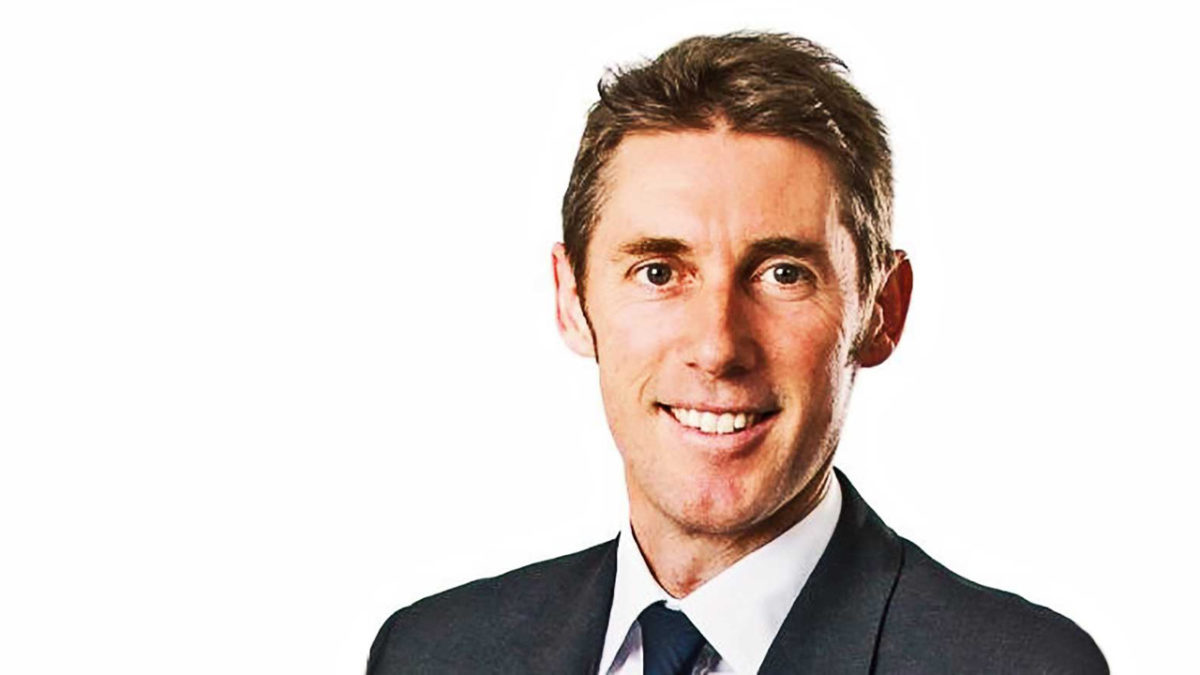How Aware Super is managing further growth
Aware Super is re-thinking its international exposures, particularly relating to China, and how it manages them as it expects they will continue to grow in importance within the $130 billion fund’s overall portfolio.
“We haven’t taken any money out [of China] but as a minority investor we just think we should pause at the moment,” according to Damian Graham, the CIO. Aware was the first Australian fund to obtain a QFII licence, allowing direct investments into China-A shares, in 2017 and subsequently made its first single country allocation outside of Australia to China.
“We thought that China would become more westernised,” he told a Bloomberg webinar last week (February 8), “but we now think that might not happen.”
Asked about establishing overseas offices, as some other big funds, notably AustralianSuper, have done, Graham said Aware had been considering having its own overseas offices “but China is not where I’d start”. The first office was more likely to be in the US or Europe.
Graham was speaking, in a general context, to Bloomberg journalist Matt Burgess about a range of future possibilities being considered by the board for the fund’s governance over the next three-five years as well as current market prospects.
He said Aware had been building out its capabilities for offshore investing, which would become increasingly important as the fund’s assets grew. For example, five years ago, he said, of the equities allocation Australia might have made up 60 per cent and overseas 40 per cent. Now, without getting the precise data, the figures might be reversed. “The trend will continue that way. We might get to 70:30,” he said.
The concurrent build of the fund’s internal management capabilities, including Australian equities, would give it extra capacity to hold shares in the local market.
With China, he said, the fund had been looking at its exposure closely for about four years. “We delivered what we thought we would… The market is reasonably inefficient, which should deliver strong alpha opportunities but with volatile beta,” he said.
“We haven’t got a lot of geographically specific focus. We haven’t gone into India but we’ve looked at it. We tend to have broad mandates, such as emerging markets and developed markets.”
On the fund’s growth he said there was a stated objective of $200 billion, which will happen in the next two-three years. The growth will continue for at least five years, which suggests the need to source more investments around the world, particularly in private markets.”
He expected the asset growth would come from a mix of mergers, and organic growth through contributions and investment returns. Aware has amalgamated the assets of State Plus, whose money Graham managed prior to his current role, Vic Super and WA Super within the last three years.
Asked about plans for the size of its investment team, he said he expected it to be up to double its current size in about five years. “We will continue to grow the number of people but we have to validate each position. A lot of [investment management] is about having the right technology and data and other capabilities such as tax and risk management.”
On the shorter-term outlook he said health issues would remain critically important, which had implications for various sectors, including the sectors which had to close down. What happens with inflation was also important.
“The RBA is effectively saying there will be no inflation for a number of years, allowing supportive economic [fiscal] policy… With low cash rates, low interest rates, the hunt for yield will continue.”
From an ESG perspective, Graham said the longer-term issue of inequality was an important dynamic. Awareness of inequality issues was a trend that had been in place for a long time, he said, but this had perhaps accelerated during the past 12 months. “We’ve been focused on ensuring that companies are following good conduct.”











